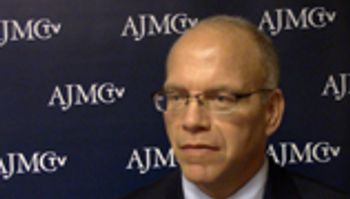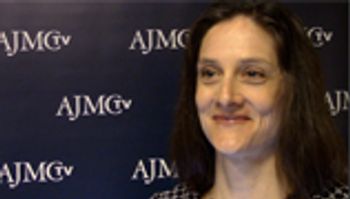
US Health and Human Services Secretary Sylvia M. Burwell announces new progams and financial incentives to help accountable care organizations (ACOs) and professional medical associations make the transition from fee-for-service to value-based healthcare delivery.








